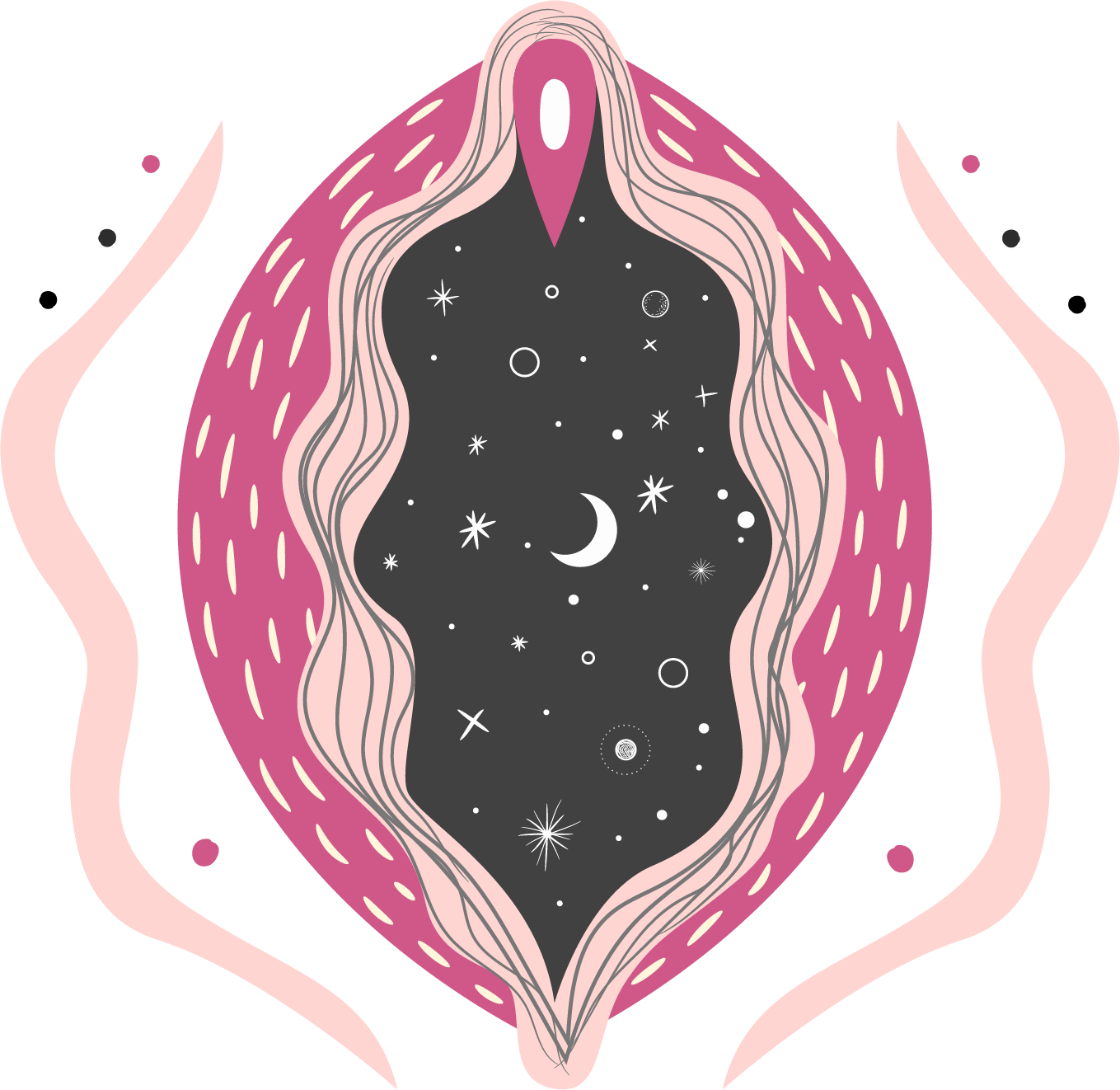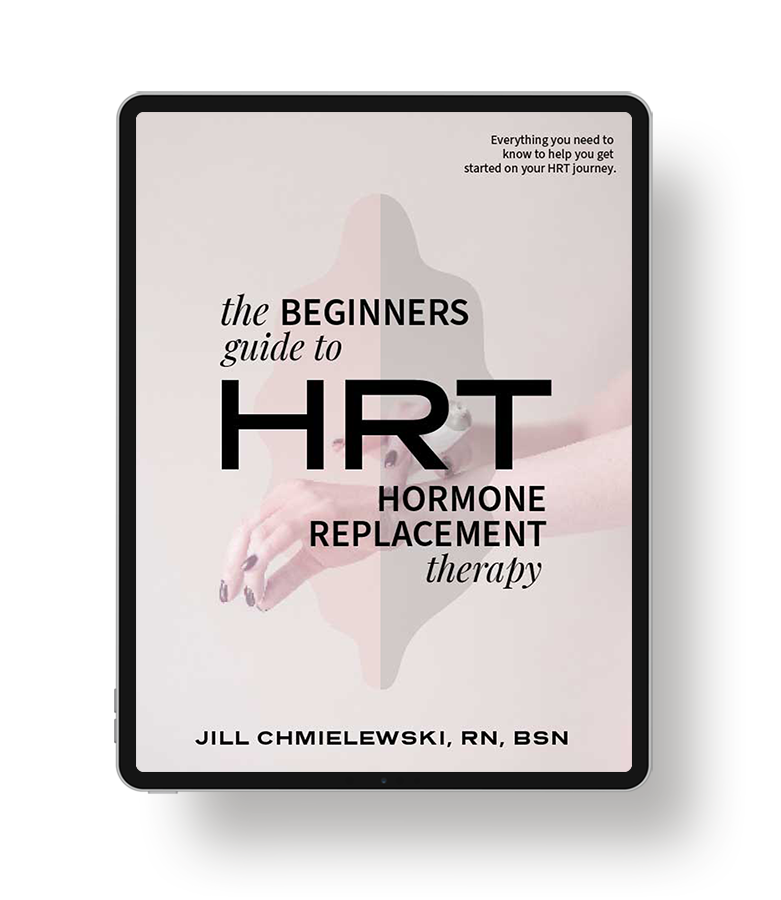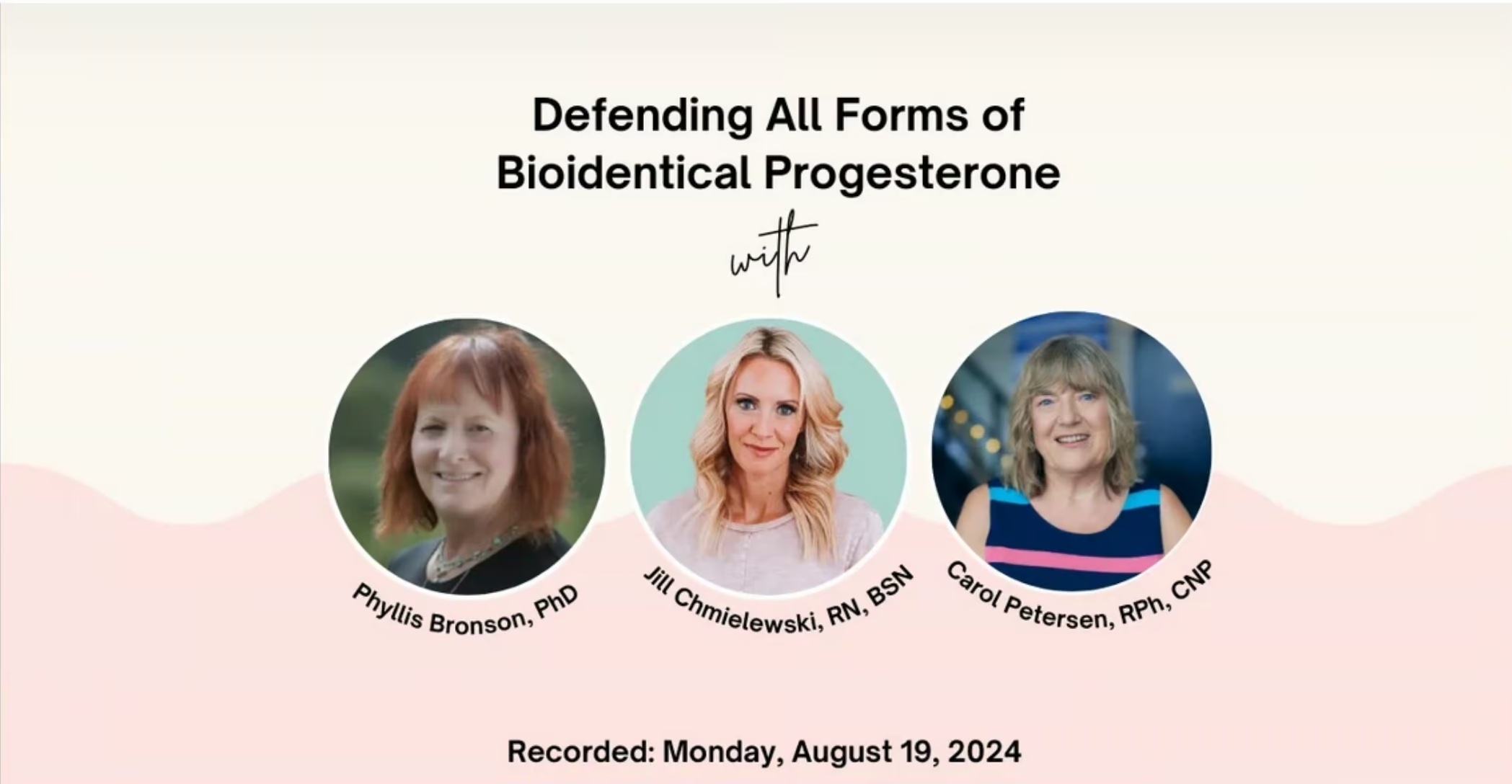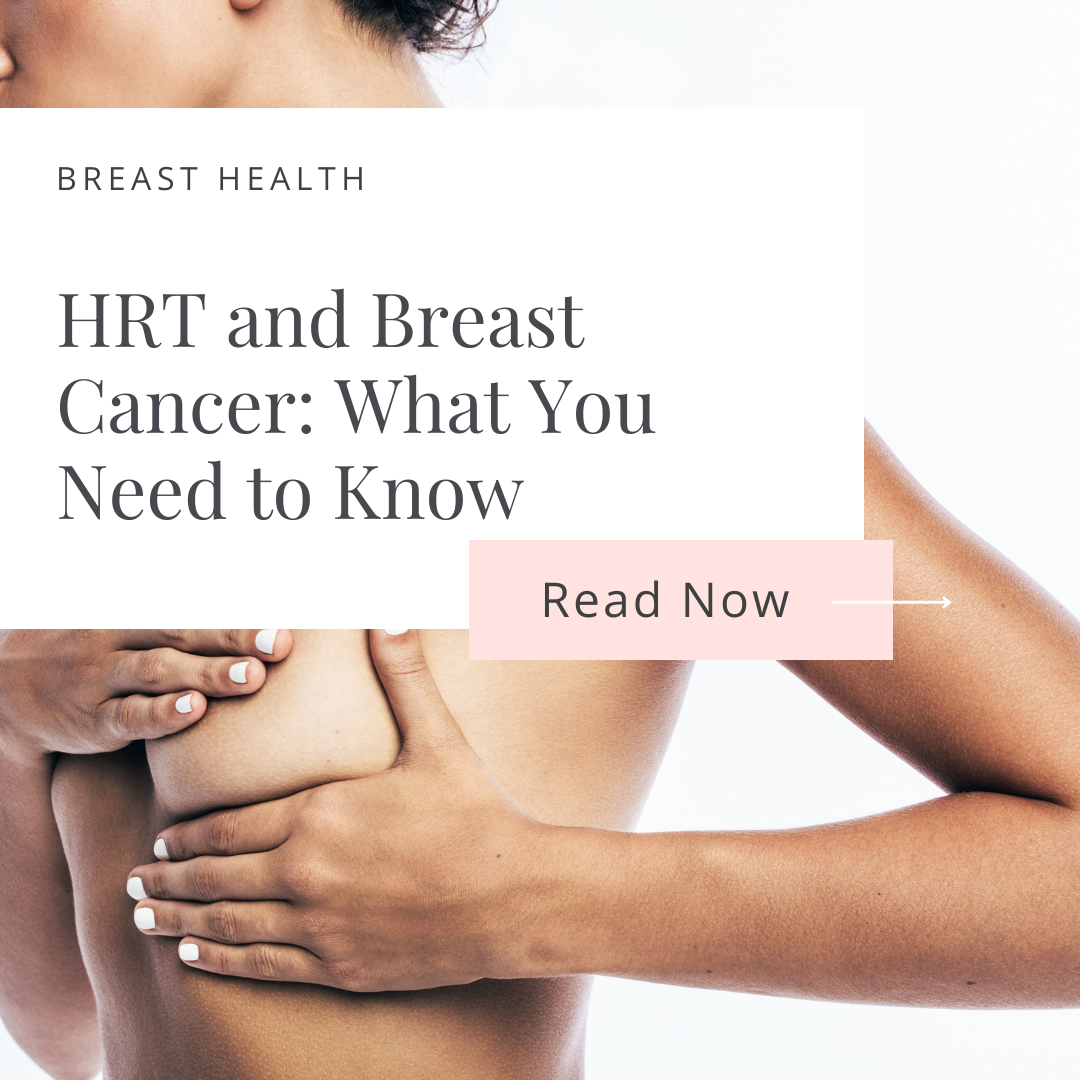This is probably one of the most commonly asked questions that I hear from women, so let’s dive into this one together.
First of all, yes, menopause is indeed a natural phase in a woman’s life when she ceases to have a menstrual period. Sex hormone production transitions from the ovaries to the adrenal glands and a woman no longer ovulates or has a period.
Just over one hundred years ago, the average life expectancy for a woman in the United States was 50 years. Since the average age of menopause is age 51, most women never even made it to menopause. They never experienced the symptoms that so many of us modern-day women experience as part of the menopausal transition, so their bodies never suffered the consequences that come as a result of a decline in hormones.
Today, the average life expectancy for a woman in the United States is 78.7 years of age, thanks to modern medicine, advanced medical technology, heat, electricity, modern sanitation systems, and mass food production and availability. That means that women who live to the average life expectancy will spend 30-40 years in menopause. That’s 30 to 40 years with low hormone levels!
Now you may be wondering, what’s the big deal?
Well, if you know anything about hormones, living in a body with rock bottom hormone levels is a really BIG deal.
Unbeknownst to many women, hormones are not just for making periods and babies. Hormones affect every cell of our body and confer a whole host of incredible benefits to our awesome bods.
Hormones are needed to support our:
- Brain health
- Bone health
- Cardiovascular health (heart and blood vessels)
- Vaginal health
- Urinary health
- Immune health
- Metabolic health
- And so much more!
We need hormones to support all of the different functions in our incredible bodies. When hormone levels decline as they do in perimenopause and menopause, women no longer experience the benefits of having optimal hormone levels, which means that women’s bodies suffer. It’s no coincidence that women experience not only an increase in symptoms, but their risk for heart disease, cognitive decline, and bone loss sharply increases once they hit menopause.
If you are like me and hope to live 30 to 40 years beyond menopause, you need to consider the repercussions of living in a body that no longer produces optimal hormone levels.
Most of the midlife women I work with see multiple specialists and take various medications to address their symptoms and health issues.
Here’s an example of a typical client scenario:
Her psychiatrist prescribed an antidepressant or anti-anxiety medication for her mood issues.
Her cardiologist prescribed high blood pressure medication and a statin for her cardiovascular disease.
Her orthopaedist prescribed Calcium/Vitamin D and a bisphosphonate drug for her bone loss.
Her internal medicine practitioner prescribed Ambien and/or Melatonin for her sleep issues and prescribed Metformin to treat her elevated blood sugar.
Her gynecologist recommended vaginal lubricants and pelvic floor physical therapy to address vaginal issues and urinary incontinence issues. He/she may have prescribed low-dose estrogen (often synthetic estrogen derived from horse urine) plus a progestin (again not progesterone) “just for a brief time” to help alleviate hot flashes and vaginal issues.
Since we know that optimal amounts of hormones are needed to support her brain health, bone health, cardiovascular health, vaginal health, urinary health, immune health, and metabolic health, replacing lost hormones (combined with food and lifestyle support) is likely all she needs to prevent symptoms and age-related illnesses.
I’ve worked with a lot of women who tell me that they are resistant to taking hormone replacement therapy because they feel it is “unnatural.” Yet these same women often have no problem taking the birth control pill for their wonky periods or as a method of birth control, antibiotics for an infection, hypertension meds for their high blood pressure, bisphosphonate drugs for their osteoporosis, proton pump inhibitors for their reflux, NSAIDs for their pain, and Botox for their wrinkles.
There’s nothing “natural” about any of those treatments, and many come with a slew of not-so-great side effects. Replacing lost hormones with bioidentical hormones seems like a far more natural health promotion/disease prevention strategy that can offer:
- Protection against neurocognitive decline & Alzheimers
- Protection against heart disease
- Protection against osteoporosis and osteopenia
- Better and more sound sleep
- Protection against vaginal dryness/pain/incontinence
- Protection against autoimmune diseases
- Protection against blood sugar issues
- The resolution of hot flashes, night sweats, and diminished libido
Nothing in medicine is 100% risk-free, and this applies to hormone replacement therapy as well. The goal with bioidentical hormone replacement therapy (BHRT) is to get the risk as close as possible to zero risks, and that requires that you work with a skilled practitioner, that you pay close attention to your symptoms, that you stay on track with hormone testing and other follow-up testing, and that you consistently make food and lifestyle decisions that support optimal hormone balance and a healthy body.
All women deserve to be educated and informed about the impact that hormonal decline has on the body —and they need to understand how hormone replacement therapy can support their body and provide protection against many of the most common age-related diseases.
To learn more, grab your copy of The Peri to Menopause Roadmap now.
SNEAK PEEK
Here are just a few sample pages from the 191-page guide.
$24.95
[asp_product id=”8423″]






